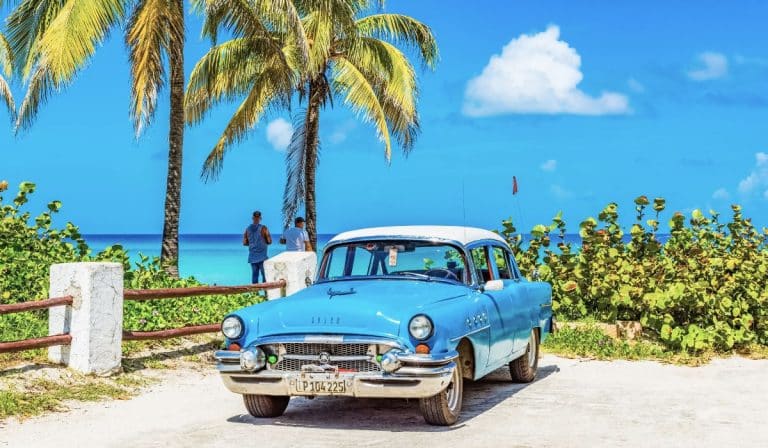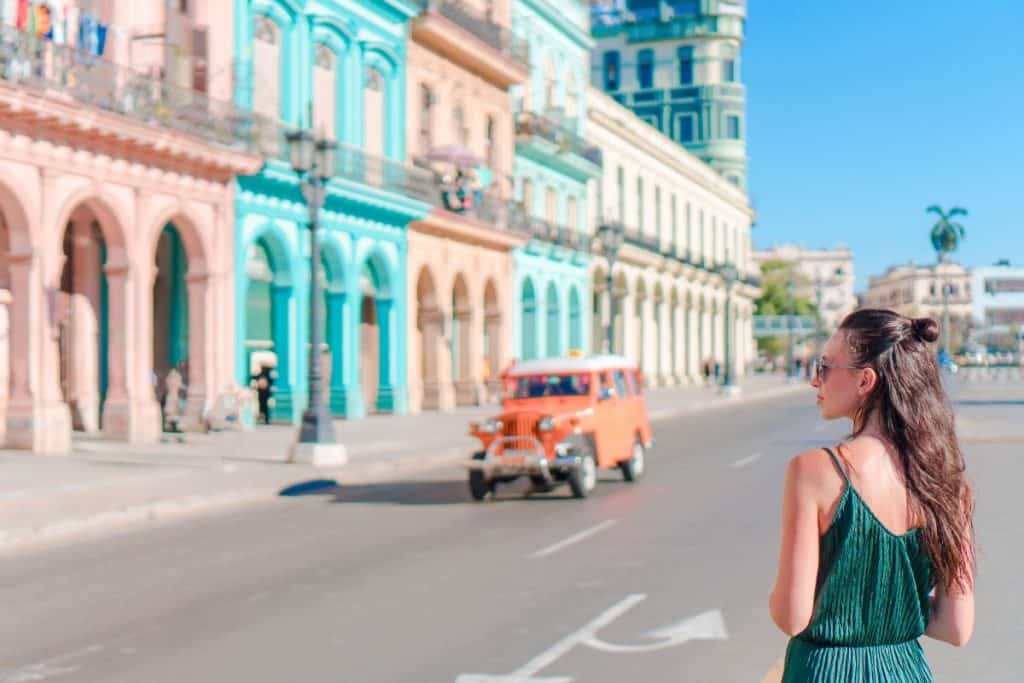Despite its political situation, Cuba is considered a safe place to visit. Violent crime is uncommon, and small-time offenses like pickpocketing are rare and travelers can explore Cuba easily and without added stress or worry in this tranquil setting.
There is only one party in Cuba. Both the police and social control are heavily enforced. For Cuban citizens, there are extensive limitations on their ability to assemble, speak, and form associations. Events that are not authorized by the government for political purposes may be disbanded.
LATEST UPDATES / NEWS from Cuba
January 17 – Cuba’s Attorney General promises legal updates for efficient crime fighting
The Attorney General of the Republic of Cuba, Yamila Peñildea Ojeda, confirmed in Havana that modifications to the Law of Processes will successfully fight crime in the nation and guarantee the right punishment for the most serious offenses.
She also emphasized the significance of protecting detainees’ rights and providing victims with individualized care. The Popular Supreme Court’s (TSP) president, Rubén Remigio Ferro, stressed the necessity of functional and structural changes in the courts to ensure compliance with the law and the importance of ongoing training for legal professionals.
Official Travel Advisories for Cuba (U.S., Canada, UK)
U.S. Travel Advisory – Cuba – Level 2: Exercise Increased Caution
Exercise increased caution in Cuba due to crime.
Visitors are at risk from petty crime. Additionally, there are instances of violent crime in Cuba, such as armed robberies and killings.
Employees of the US Embassy are subject to a special notification procedure when they travel outside of Havana, which may limit the Embassy’s capacity to assist American citizens in Cuba in an emergency.
Canada Travel Advisory
The travel advisory for Cuba, updated on January 18, 2024, advises a high degree of caution due to shortages of basic necessities like food, medicine, and fuel. While resort areas such as Cayo Coco and Varadero require normal security precautions, travelers are warned against petty crimes, credit card fraud, and the risk of spiked food and drinks. The country also faces shortages of essential services and frequent power outages.
The advisory includes specific safety recommendations for women travelers and notes regular health screening at entry points. For more details, please visit the official website here.
UK Travel Advisory
The UK government’s latest travel advice for Cuba, as of January 18, 2024, includes a compulsory travel insurance requirement and advises caution due to potential utility service disruptions and crime.
The hurricane season, from June to November, can affect power, communications, and water supplies. The British Embassy in Havana offers emergency consular assistance by appointment. The advisory covers general safety, road travel, and the absence of recent terrorism but acknowledges that attacks can’t be ruled out.
For more detailed information, please refer to the UK government’s travel advice here.
Dangerous Areas In Cuba To Reconsider
While many areas in Cuba, including Havana, are generally safe, it’s advisable to exercise caution or avoid certain neighborhoods known for safety concerns. Areas such as Guanabacoa, Marianao, and Centro Habana, in particular, have reported issues with tourist safety. It may be prudent to skip these locations.
Essential Tips for Staying Safe in Cuba
- Safeguard your documents and keep copies on hand at all times.
- Place valuable items in your carry-on bag.
- Avoid leaving your bags unattended in a vehicle.
- Adopt modest attire and refrain from displaying jewelry, designer bags, or cash in public.
- Do not carry all your cash simultaneously, and avoid placing your wallet in the back pocket.
- While Havana offers various attractions, steer clear of the least affluent neighborhoods.
- Exercise caution when consuming alcohol with unfamiliar individuals, and avoid inviting them into your room.
- If driving on Cuban highways, refrain from stopping for hitchhikers.


